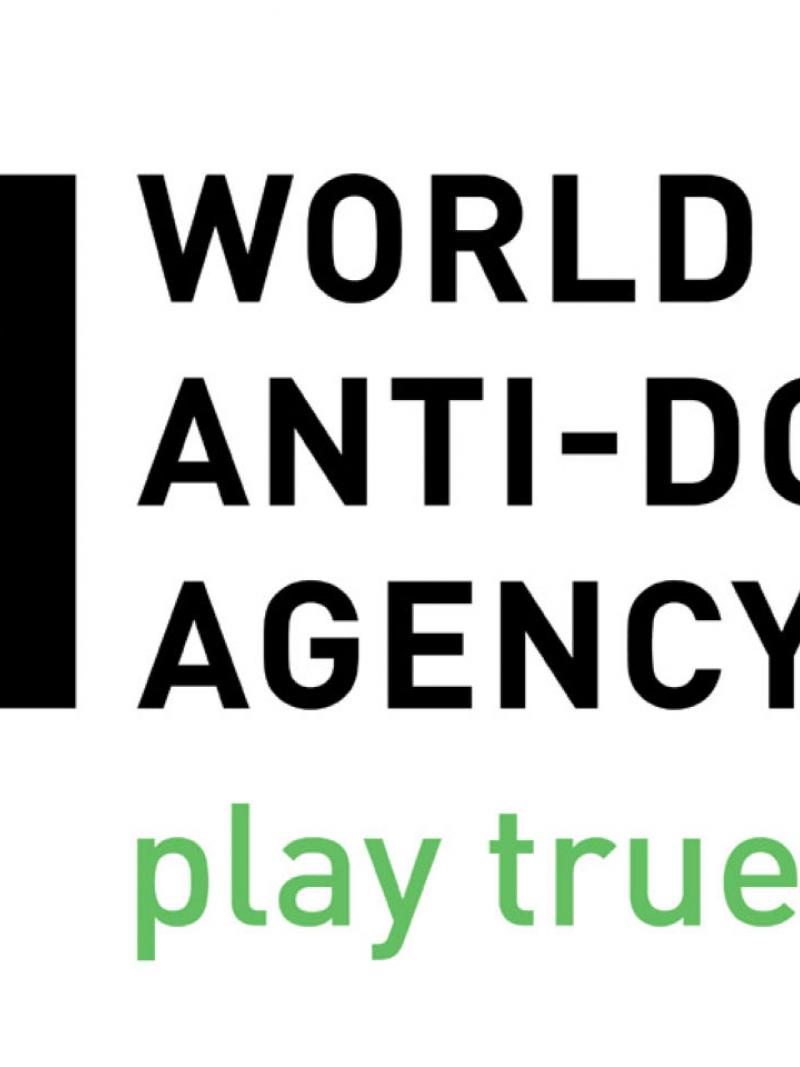WADA welcomes Whereabouts decision
The European Court of Human Rights rejects legal challenge to the implementation of Whereabouts rules. 19 Jan 2018
The World Anti-Doping Agency (WADA) welcomes the decision by the European Court of Human Rights (ECHR) to reject a legal challenge to the implementation of Whereabouts rules, a key component of global sport’s crucial out-of-competition testing programs. Introduced in 2004 under the International Standard for Testing and Investigations, Whereabouts rules require athletes to provide their Anti-Doping Organisation with details of where they can be found for one hour every day.
The ECHR’s important ruling that the rules do not violate Article 8 (right to respect for one’s private and family life) of the European Convention on Human Rights clears the way for WADA and its partners in the global fight against doping in sport to continue to protect clean athletes by carrying out tests anytime, anywhere.
In its judgement, the ECHR took the view that Whereabouts was in the public interest and that the reduction or removal of the relevant obligations on athletes would inevitably lead to an increase in doping and would be at odds with the consensus on the need for unannounced testing as part of doping control.
WADA Director General Olivier Niggli said: “Today is a good one for doping-free sport. Because out-of-competition doping controls can be conducted without notice to athletes, they are one of the most powerful means of deterrence and detection of doping and are an important step in strengthening athlete and public confidence in doping-free sport.”
“Accurate Whereabouts information is crucial to the success of anti-doping programs, which are designed to maintain the integrity of sport and to protect clean athletes. The only way to perform out-of-competition testing is by knowing where athletes are, and the way to make it most effective is to be able to test athletes at times when cheats are most likely to use prohibited substances or methods.”
“While the rules inevitably create some inconvenience for athletes as they must divulge a certain amount of personal information and keep it up to date, it is clear that this is entirely proportionate to the wider benefits for global sport.”
While the main goal of elite sport is to win, it must be within a spirit of fair play. Whereabouts rules have enjoyed overwhelming support from clean athletes, who want to be able to compete on a level playing field. Indeed, anti-doping rules, including providing Whereabouts information, are an integral part of life as a top sportsperson.
Since the inception of Whereabouts rules, they have been modified and improved to make them more user-friendly and less intrusive while still retaining their effectiveness. Today, athletes in the Registered Testing Pool (RTP) indicate one hour per day when they will be available to undergo a doping control and where they will be at the time. This was reduced from 24 hours per day and allows athletes to keep their personal life separate from anti-doping. This data is collected and protected in strict confidence.
The aim of what is a small RTP is to target athletes who are most likely to win and also those who, based on intelligence, are the most at risk to cheat. This, therefore, has the maximum beneficial effect on leveling the playing field coupled with the minimum impact and inconvenience on the athlete population.
The rules allow for the fact that athletes are human and can make genuine mistakes when filling out their Whereabouts information. The three-strike rule therefore applies before an anti-doping rule violation is incurred and this was reduced from 18 to 12 months in the 2015 Code to avoid inadvertent doping cases.
Niggli continued: “Without question, the fight against doping is in the public interest and is the responsibility of both the sports movement and the public authorities. It receives universal support, including from the United Nations (via UNESCO’s International Convention against Doping in Sport) and the Council of Europe (via its Anti-Doping Convention). If Whereabouts rules were relaxed or abolished, it would jeopardize the action of the anti-doping movement around the world.”
“It would be impossible to fight doping by simply testing in competition due to the fact that many substances disappear from athletes’ systems quickly while their performance-enhancing effects carry on into competition. So, the element of surprise is key.”
“Abolishing out-of-competition testing would also bring to an end the successful Athlete Biological Passport programme, which requires a number of samples to be taken, mostly out of competition.”






